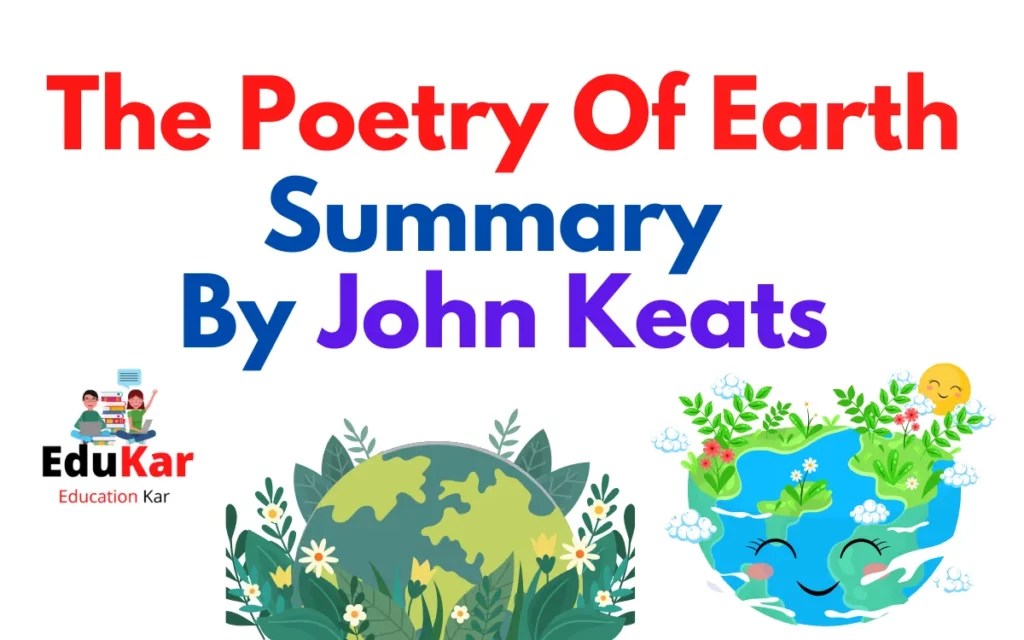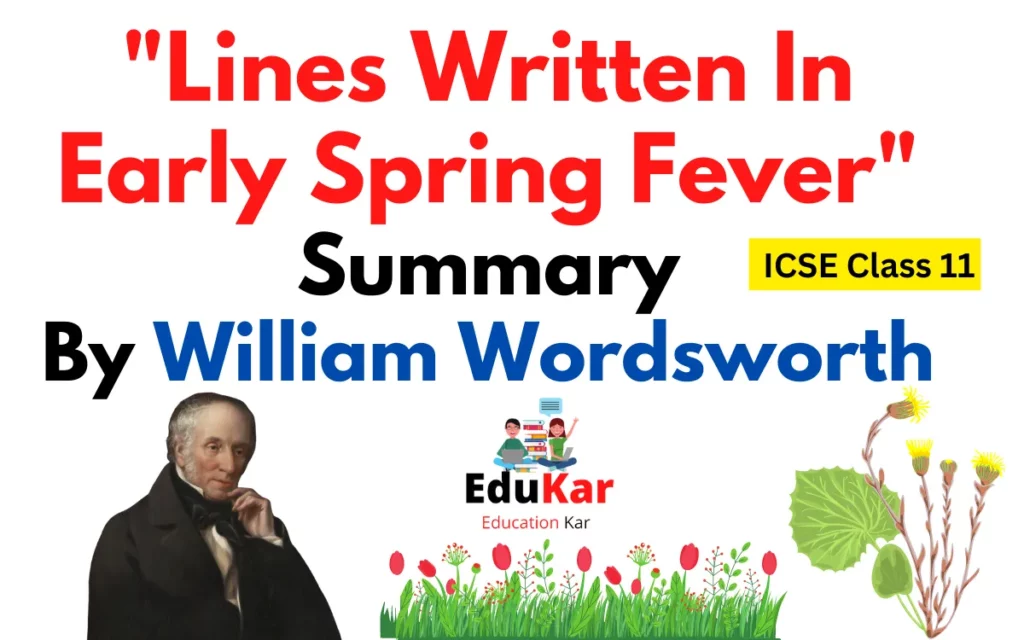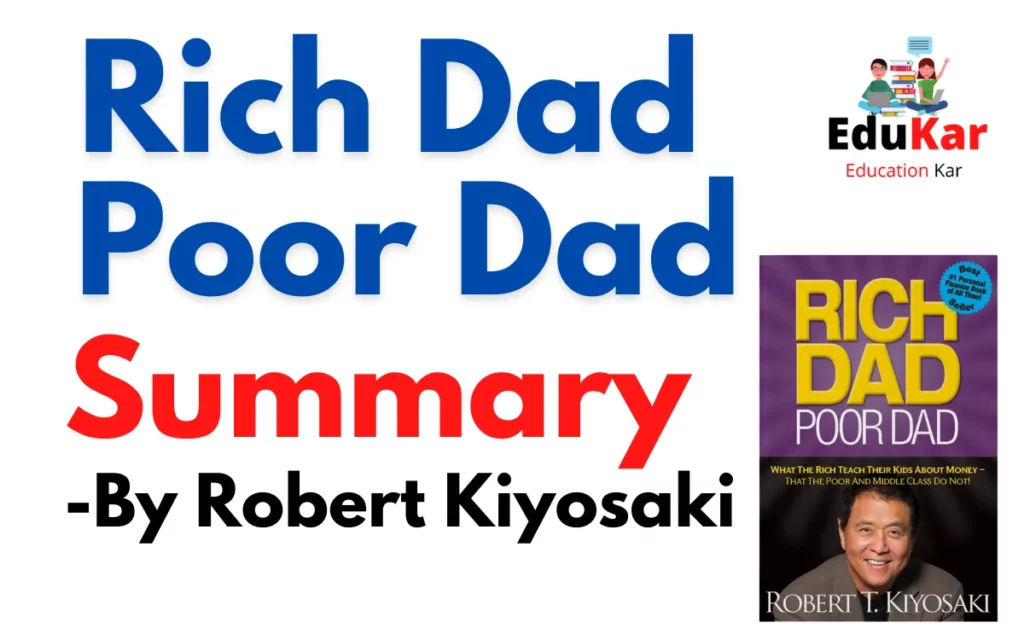Contents

| Name | My Last Duchess |
| Subject | English |
| Type | Monologue |
| Author | Robert Browning |
Introduction
“My Last Duchess” is a dramatic monologue written by Robert Browning in 1842. The poem is based on the historical figure of Alfonso II, the Duke of Ferrara, and is known for its dark, ironic tone and use of dramatic irony. The poem raises important questions about power, control, and relationships.
English Summary – “My Last Duchess”
“My Last Duchess” is a dramatic monologue written by Robert Browning in 1842, and is considered one of his most famous poems. The poem is based on the historical figure of Alfonso II, the Duke of Ferrara, who lived in the sixteenth century. The Duke is speaking to an emissary from a nobleman who is considering marrying the Duke’s daughter. As the Duke shows the emissary around his art collection, he stops to describe a portrait of his previous wife, the “last Duchess,” who he had killed.
The poem is notable for its dark, ironic tone, as the Duke seems to be completely unrepentant about the murder of his wife, and instead sees it as a way of asserting his power and control. The poem is also notable for its use of dramatic irony, as the Duke reveals far more about his character than he intends to, and the reader is able to see through his façade of politeness and charm.
The poem begins with the Duke showing the emissary around his art collection, and pointing out the portrait of his “last Duchess.” He describes the painting in great detail, noting her “spot of joy” on her cheek, her “dropping of the daylight in the west,” and her “taming a sea-horse.” He then explains to the emissary that the Duchess was too easily pleased by everything around her, and that she did not appreciate the honor of being the Duke’s wife. The Duke suggests that the Duchess was not faithful to him, and that she was too friendly with other men.
The Duke then goes on to describe how he dealt with the situation, and reveals that he had the Duchess killed. He does not express any remorse for this act, and instead justifies it as a way of maintaining his power and control. He says that the Duchess’s “smiles stopped together,” and that he gave orders to have her killed.
The poem ends with the Duke telling the emissary that he has a proposal for the nobleman who is considering marrying his daughter. The Duke suggests that the nobleman should appreciate the honor of marrying into such a powerful and wealthy family, and that he should not take his wife’s beauty and charm for granted. The Duke’s final words are ominous, as he warns the nobleman that he has a “nine-hundred-years-old name” and that he will not tolerate any behavior that threatens his power and control.
One of the most striking aspects of “My Last Duchess” is the way in which Browning uses language to create a sense of irony and ambiguity. The Duke’s words are often polite and courteous, but they are also filled with hints of violence and aggression. For example, when he talks about the “spot of joy” on the Duchess’s cheek, he implies that this is a flaw in her character, and that she is too easily pleased. Similarly, when he talks about the painting of her taming a sea-horse, he suggests that this is an example of her coquettishness and flirtatiousness.
Another important aspect of the poem is the way in which Browning uses the character of the Duke to comment on the social norms and expectations of his time. The Duke is a member of the aristocracy, and he believes that his power and status give him the right to control and dominate those around him. He sees his wife as a possession rather than a human being, and he believes that he has the right to dispose of her as he sees fit. The Duke’s behavior is a reflection of the patriarchal values of his society, which placed great emphasis on the power and authority of men.
About The Author
Robert Browning was an English poet and playwright who lived from 1812 to 1889. He is known for his dramatic monologues, which explore the psychology of characters in difficult or ambiguous situations. “My Last Duchess” is one of his most famous poems and is considered a masterpiece of Victorian literature.
My Last Duchess MCQs
My Last Duchess MCQ
Conclusion – “My Last Duchess”
The poem “My Last Duchess” ends with the Duke suggesting to the emissary that the nobleman should appreciate the honor of marrying into such a powerful and wealthy family. The Duke’s final words are ominous, as he warns the nobleman that he will not tolerate any behavior that threatens his power and control.














![Grandma Climbs A Tree Summary [Class 10] By Ruskin Bond Grandma Climbs A Tree Summary](https://edukar.in/wp-content/uploads/2022/09/Grandma-Climbs-A-Tree-Summary-1024x597.webp)

